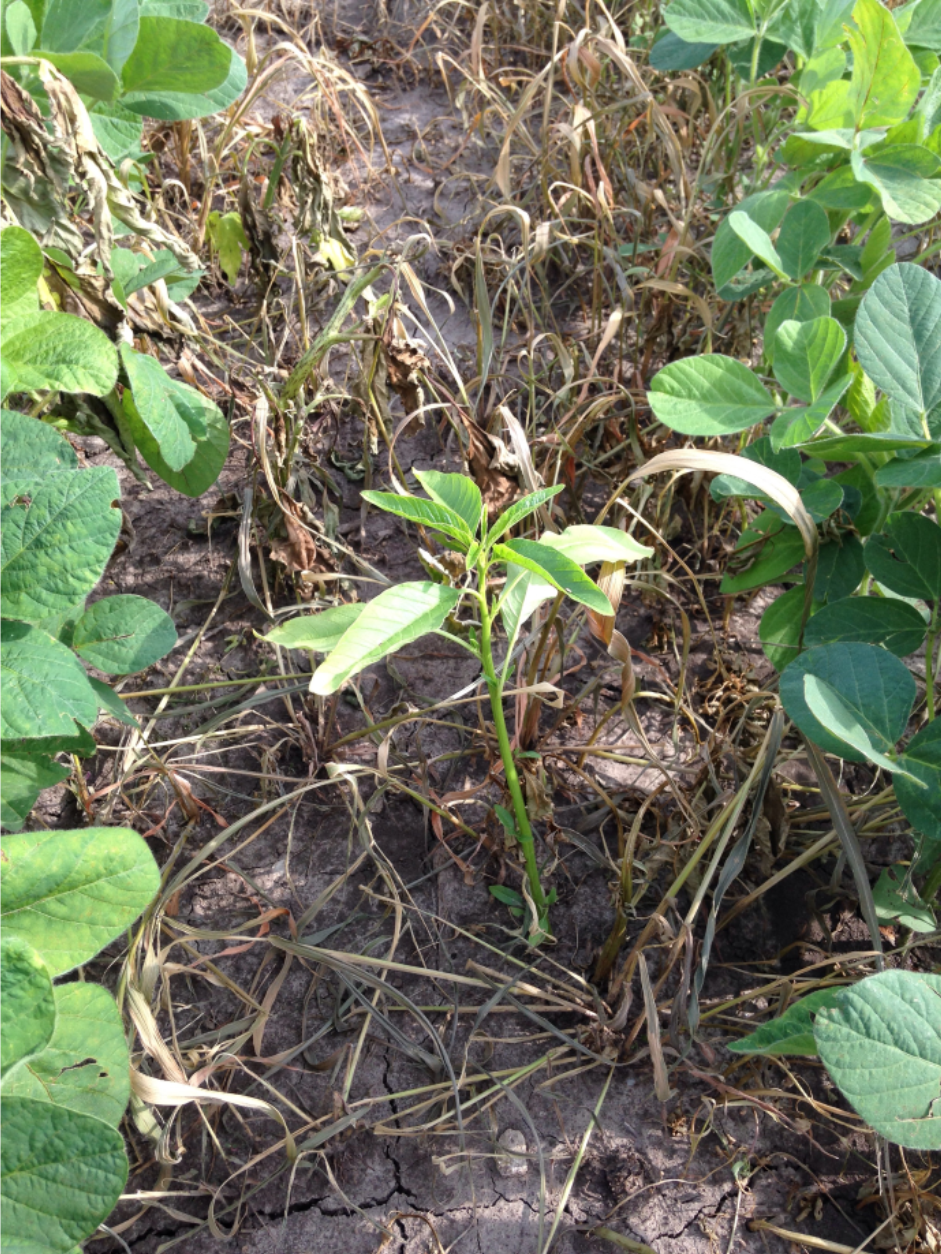
I recently attended a field day organized by UW-Madison Extension at the Arlington Ag Research Station. The main theme of the event was aimed at making our cropping systems more resilient in the future when we are facing uncertain growing conditions due to market lows, weather extremes, and new or changing pest pressures. The three topics I will touch on in this article are diversification, soil health, and weed management.
I want to talk about corn and soybean seed selection diversification. Producing a profitable crop is the combination of good plant genetics and sound agronomic practices. A good fertility program means nothing if a corn hybrid is placed on a soil type that it is poorly adapted to and vice versa. Every year there is going to be a handful of varieties that would perform the best on our acres due to the weather and pest pressure but without being able to predict the future, we are forced to spread out our risk using a number of different varieties and genetically modified traits. Seed price is an important factor every year, but make sure you are working with a trusted seed supplier or agronomist to ensure that you’re setting yourself up for the most profitable year possible. Poorly placed varieties will net more of a loss than the money saved on cheaper seed. With the amount of variability in our area, take some time to consider the many factors that can affect your seed selection. Some of the more obvious factors are crop rotation, plant population, ear flex, soil type, crop use, pest pressure, and soil drainage. Corn yield data shows that each unit of increase in relative maturity (RM) will increase yield by 1.9 bushels/acre, but an earlier harvest using lower RM varieties can equal greater gains from lower drying costs, time for fall field work, and time to plant cover crops.
Soil health has been a buzz word in agriculture in recent years. While its definition isn’t always set in stone, most people are currently focusing on soil organic matter (SOM). Increasing our SOM from 2 to 3% or from 3 to 4% for example can lead to more nitrogen being mineralized every year, higher water holding capacity, and better water infiltration among many benefits. One well known way to increase SOM is by having plants growing from the start to finish of our growing season. Our forage systems that include alfalfa easily fall into this category. Research from the UW has shown that our annual grain cropping systems with conventional two-pass tillage don’t build organic matter. SOM additions can be gained in these systems with the incorporation of management practices that include reduced tillage, manure applications, and cover crops. Reducing the number of tillage passes and the aggressiveness of our tillage machines will reduce the losses of organic matter from our soil. Manure contains organic matter that will be added to the soil, and cover crops mimic our perennial forage systems and will add organic matter over the duration of their existence.
The last point I would like to make involves the challenge of weed control every year. The past couple of years we have witnessed the spread of glyphosate (roundup) resistant waterhemp as well as difficulty in controlling giant ragweed and marestail or horseweed. These problem weeds will continue to spread in our area through machinery, wind, water, and wildlife. What I am stressing is the need to be flexible with our weed control options. Outside of chemicals, tillage and cover crops should be considered as useful tools in our fight against weeds. Within our chemical options, a diverse plan utilizing soil applied herbicides and effective foliar herbicides should be implemented to give ourselves the best shot for having good weed control. Soybeans are more challenging than corn because there are fewer foliar herbicides labeled for use in soybeans. I would strongly encourage everyone to look at adopting liberty-link or dicamba tolerant soybeans to add another option to control emerged weeds when facing glyphosate resistant weeds. Years like 2017 show the importance of having back up plans when plan A doesn’t get done due to being rained out of the field.
The staff at WS Ag is trained in the areas of seed selection, soil health, and weed management if you have questions or concerns about your current crop production practices.
Mark Kendall